By Diane Huskinson
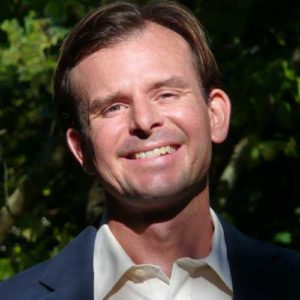
“I got addicted to salt water!” says Scott Ensign, explaining his 25-year stay near North Carolina’s scenic coast, where he and his wife, Michelle, spent much of their free time sailing, sea kayaking, and fishing. (He was also busy earning his bachelor’s, master’s, and Ph.D. in ecology at the University of North Carolina and founding two for-profit companies.) But he’s no stranger to fresh water. Having grown up in Elgin, Illinois, he spent weekends with his family canoeing the Fox River and sailing the lakes of southern Wisconsin.
“The Best First Week of Work Ever”
In March 2018, he joined Stroud Water Research Center as the new assistant director, a position previously held by Executive Director Dave Arscott. In what he describes as “the best first week of work ever,” he traveled to the Maritza Biological Station in Costa Rica along with fellow Stroud Center scientists Jinjun Kan, Melinda Daniels, Diana Oviedo-Vargas, and Lou Kaplan.
“It was a fantastic crash course in the history of the lab and tropical stream ecology. It also gave me the opportunity to get to know Steve Stroud and the wonderful staff at Maritza: Rafa, Cristian, and Marietta.”
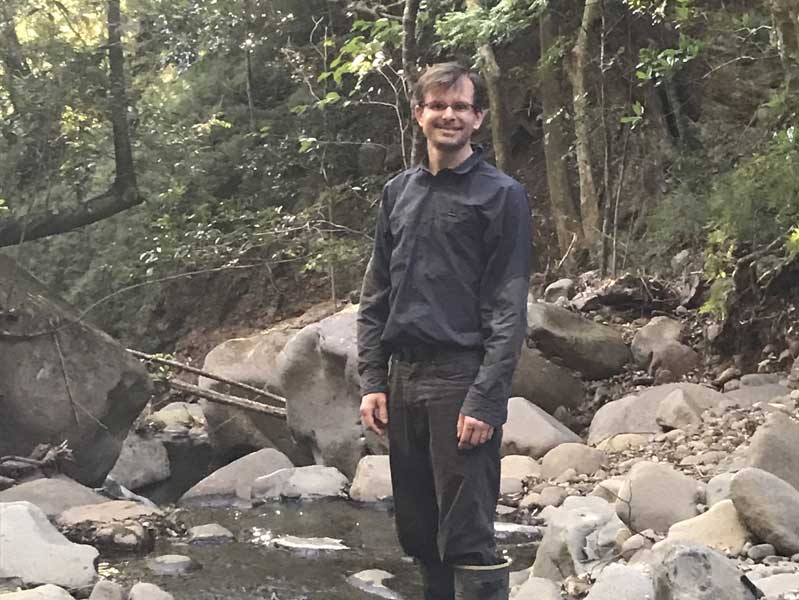
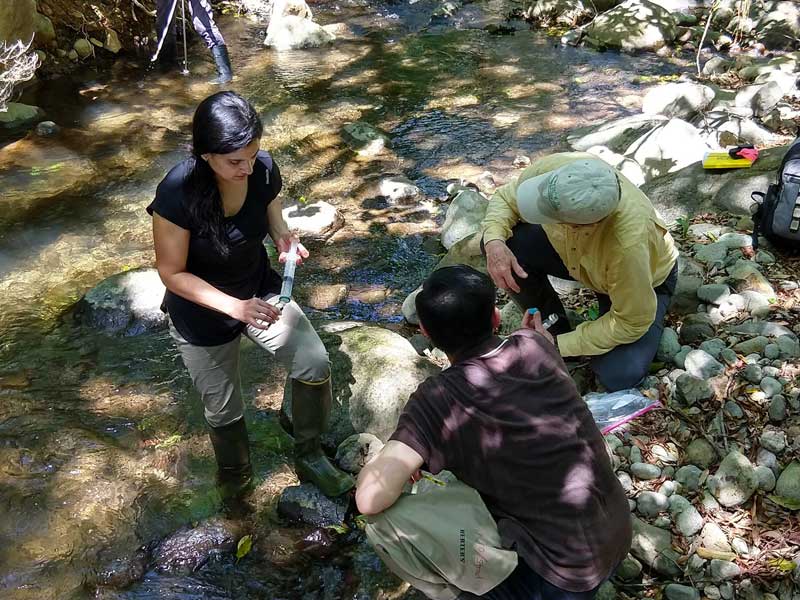
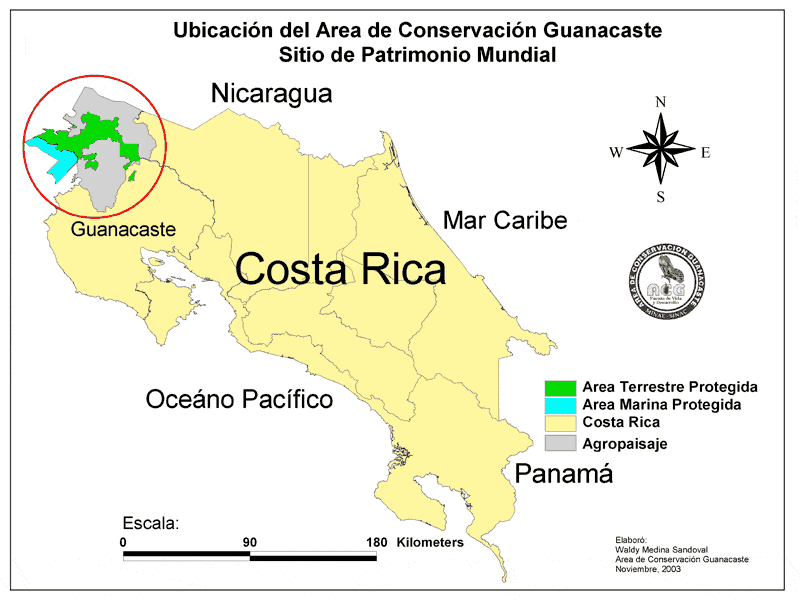
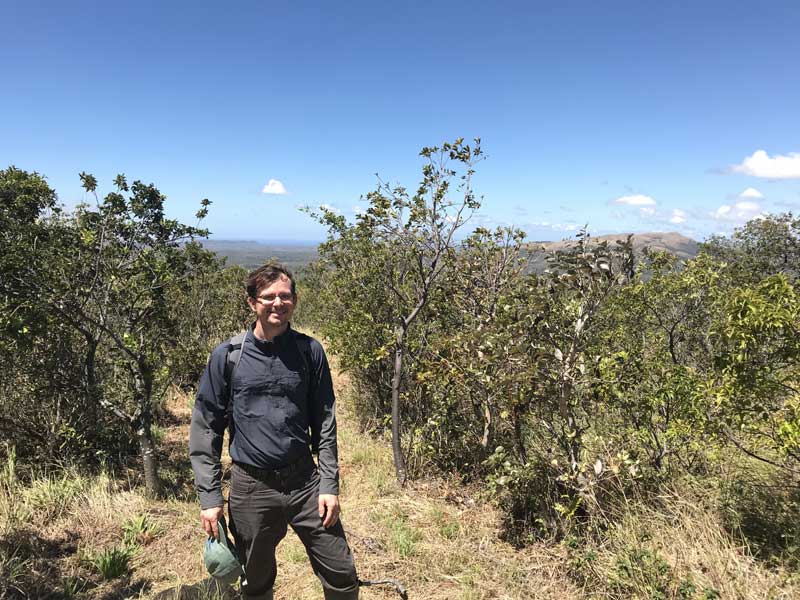
Going forward, his vision is to enhance collaboration among Stroud Center scientists with educators, citizens, stakeholders, and technology developers while also enabling greater bandwidth among the scientists, educators, and restoration staff. It’s a tall order, but one he hopes to accomplish by bringing his unique experiences to the table.
At the Confluence of Basic and Applied Science
“My career has followed an eclectic path,” Ensign admits. Following a post-doctoral Mendenhall Fellowship at the USGS, he returned to the consulting company (AquACo) he had previously founded and then founded another one for scientific product development. “These experiences in the private sector helped train me in mission-oriented strategy that requires thinking in terms of problem-solution-benefit.”
It also changed the way he views the broader scientific enterprise: “Basic science is fundamentally important for its own sake,” he says, “but often solving applied problems with an eye toward the societal or economic benefits can lead back to some very interesting basic science questions. Some of the most fascinating science can be found at this confluence of basic research and problem-solving research where each advances the other.”
Moving Forward With the Next Generation of Scientists
Ensign also recognizes he comes to the Stroud Center at a unique point in its history. More than 50 years after its founding, leadership is changing, and as Ensign explains, “Many of the legendary scientists who made the Stroud Center famous are retired, and the next generation of scientists is leading us forward. This incredibly strong scientific team is grounded in the same basic research tradition as their predecessors, but the societal complexity around basic science has increased. There is much for me to learn from the scientific and administrative leadership experience here — both past and present, and I aspire to incorporate as much of this knowledge into my work as possible.”


